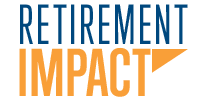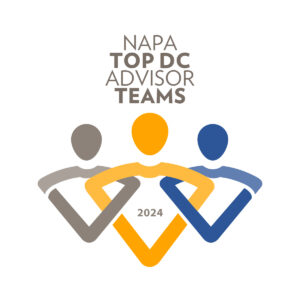Would You Work for Free?
Recently, I was on a call with a new prospect, a CPA, discussing his 401k plan. During our call, we got to the subject of the fees he is currently paying for his 401k plan.
After some back and forth, Mr. CPA told me that he was not paying anything for his 401k plan. When I mentioned, that he may not have a direct bill but the fees are lumped in with the investments, which is typical in older plans, he got angry and ended the call saying: “We’ve been down this road before and we pay NOTHING for our 401k plan.”
This call got me flustered, and I was genuinely upset after hanging up, or rather, getting hung up on!
Given how much attention the 401k industry has paid to fees since Fee Disclosure was introduced in 2012, I thought that we had moved past fees. I thought employers had at least been given enough information to know that they are paying someone something for their 401k plan.
If a CPA could fall for this sales pitch, Houston, we still have a problem.
So, this begs the question, would you work for free?
I think the obvious answer to that is, No! No one would work for free, nor should they. There are a lot of moving parts to a 401k and the thought that a company would take custody of your money, keep track of your individual employee’s accounts, create a website and mail statements for free doesn’t make sense.
The point is, there are at least 3 different entities that are being paid for from your 401k Plan. They are: The Recordkeeper, The Investment Management Company, and The Advisor. In some arrangements you will also have a Third-Party Administrator who can get paid from the plan.
I can assure you that none of these parties work for free. If you don’t receive a bill directly from any of these parties, that means that they are receiving fee’s directly from your plan assets. This is a process called revenue sharing, and it is the way that plans historically paid for their 401k’s.
A Primer on Revenue Sharing
Today, most plans are paid for by the revenue from funds in an ERISA bucket or Plan Expense Account or by moving to a more transparent process we call “zero-revenue” which strips out the fee payments from the investments and bills either the company or participants directly for plan related services. Either way, fees that come from plan assets, need to be accounted for.
All fees aren't bad
Fee’s aren’t inherently bad, but high fees are. Sometimes, you do get what you pay for and there are no rules that say you need to pay the lowest fees possible, but as a sponsor of a 401k or 403b plan, it is your fiduciary duty to understand who is receiving fees from your plan and to ensure that those fees are reasonable for the services that they are providing.
All of these fees can be found on your Fee Disclosure statement that you can get from your provider. I encourage you to take some time to look at those statements and work with someone who can make sense of the fees and whether you are paying a reasonable amount for services.
If it sounds too good to be true it may be
The phrase “Too good to be true” should come to mind anytime someone says that they are giving you anything for free. As a rule of thumb, if someone says that your 401k plan is “Free” they probably don’t want you to take a closer look.
Related Posts
-
No "One Size Fits All" Plan Retirement plans come in all shapes and sizes: DC…
-
Evaluating Your Fiduciary Process Believe it or not, an efficient retirement plan committee does not…
-
Your Mid-year 401(k) Plan Check-up and Tune-up As we round the corner to 2018, I…









